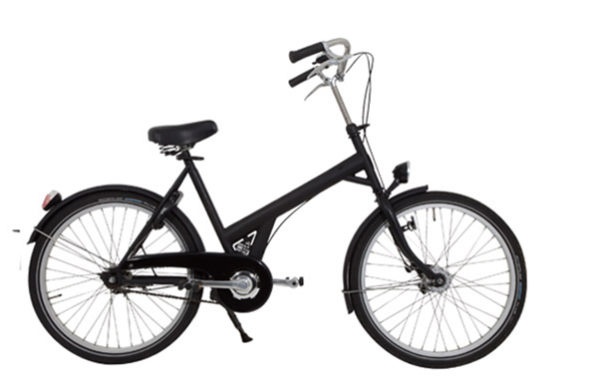

This section will provide step-by-step instructions to remedy the causes previously identified. The best way to fix noisy bike brakes is to use a process of elimination of the possible causes of the noise, starting with the most common. Alternatively, the pad material is worn, and the spring is exposed.įinally, if the rotor bolts have loosened or the rotor itself has worn down, this could result in screeching. This process develops a smooth, glassy surface on the face. If the noise from the rub is constant, it’s likely the caliper if the noise is intermittent, the rotor is probably out of true.Īnother issue that leads to squeaky disc brakes is if the pads overheat and glaze over. This rub is usually from a misaligned brake caliper or a rotor that’s out of true. The second most likely cause of disc brake squeaking is rotor rub. This contamination could be from general riding or cleaning the bike, so take great care when cleaning to avoid contaminating your brake pads. Dirt or oil on the rotor or brake pads will result in an aggressive screeching. The most common cause of noisy disc brakes is contamination. This process leaves an even deposit of some of the brake pad material onto the rotor so that they can grip properly. If you have a new bike with squealing disc brakes, it likely means they weren’t bedded in correctly in the setup.

This wearing could cause the individual arms or the whole caliper to vibrate.įinally, the rim itself may even be worn down or deformed if you’ve been riding a bike for a long time. In addition, dirt and debris can get stuck in the brake block’s grooves, or the block’s face could glaze over from overheating.Īnother possible cause is the caliper or cantilever bolt has become loose or worn down. Oil or lube can stick to the rim or brake blocks and cause squeaking and loss of braking performance. The next most common cause of screeching rim brakes is the contamination of the rim or brake pads. This means setting up the brake pads so that the fronts are closer to the rim than the rears.Īlternatively, the block must be fully in contact with the rim when pressed, not touching the tire or coming below the braking surface. The first alignment issue to check is that the pads are toed in so that the leading part of the pad hits the rim first. The most common cause of squeaking rim brakes is that the pads (blocks) are not aligned correctly or are worn down. This section will diagnose each of the possible issues that cause squeaky rim brakes or squeaky disc brakes, starting with the most common cause. Squeaky bike brakes when riding in the rain are unavoidable and don’t necessarily indicate further issues. This unwanted vibration leads to all types of screeching and squealing.Īside from the causes noted in this article, you’ll notice bike brakes squeaking when wet. Squeaky bike brakes are caused by vibrations of the braking material (pads) against the braking surface (rim or rotor).
BIKE HANDBRAKE HOW TO
This article will cover the most common causes of noisy bike brakes and how to fix them so you can ride peacefully and safely. However, if the noise persists, you should try to identify and address the issue. It’s normal for bike brakes to squeak from time to time, such as when riding in wet weather or in the mud. Screeching bicycle brakes are often an indicator of damage, poor alignment, or contamination in the system, decreasing braking power. But, as frustrating as the noise is, the real problem is the potential loss of braking performance. Squeaky bike brakes are one of the most common and irritating issues in cycling. By Jordan Grimes / Last updated - J/ Blog, Brakes, Guide


 0 kommentar(er)
0 kommentar(er)
